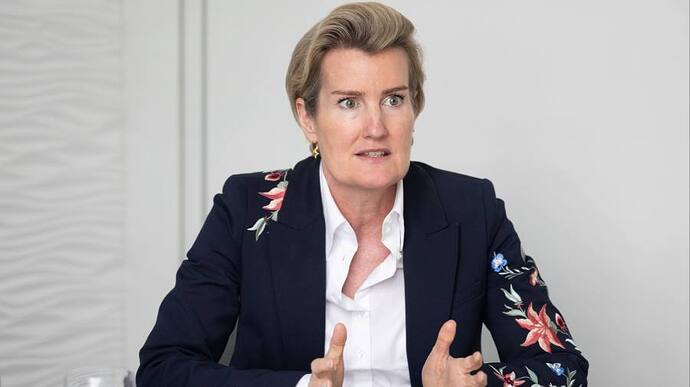The Philippines is a Southeast Asian country located in the western Pacific Ocean. It is an archipelago comprised of 7,641 islands with a population of over 108 million people as of 2021. The country has been influenced by various cultures, including Malay, Chinese, Spanish, American, and Muslim influences. The country’s official languages are Filipino (based on the Tagalog language) and English, with many other indigenous languages also spoken throughout the region.
History
The Philippines has a rich and diverse history dating back over 30,000 years with evidence of early human habitation. The Austronesian people migrated to the Philippines from Taiwan and Malaya around 4,000 years ago. The country was ruled by various different kingdoms until the arrival of Spanish forces led by Ferdinand Magellan in 1521, who claimed the country for Spain. For over three centuries, the Philippines was under Spanish colonial rule, which had a profound impact on the country’s language, culture, religion, and economy.
In 1898, a revolution led by Filipino nationalists against Spanish rule resulted in a short-lived Philippine Republic. However, the country was soon seized by the United States as part of its colonization of Asia. The Philippines gained independence from the United States in 1946, following World War II.
Politics
The Philippines is a presidential representative democratic republic with a presidential system. The President of the Philippines serves as both the head of state and head of government. The President is elected for a single six-year term, and appoints a cabinet to assist in governing the country.
The legislative branch of government, known as the Congress of the Philippines, is composed of the Senate and House of Representatives. The Senate has 24 members, who are elected for six-year terms, while the House of Representatives has 300 members, who are elected for three-year terms. The judicial branch of government is composed of the Supreme Court, which is the highest court in the country, and other lower courts.
Economy
The Philippines’ economy is the 34th largest economy in the world, with services, manufacturing, agriculture, and mining being the country’s main economic sectors. The country has a vibrant business process outsourcing (BPO) industry, which has attracted foreign investments and contributed to economic growth. Remittances from overseas Filipino workers also play a significant role in the Philippine economy.
Tourism is another important sector, with the country’s natural beauty and cultural heritage attracting visitors from around the world. The Philippine Stock Exchange is the oldest stock exchange in Asia, and the 8th largest in the region.
Culture
The Philippines has a rich and diverse culture influenced by its various ethnic groups and historical periods of colonization. The country has a deep sense of community, which is reflected in the concept of “Bayanihan,” where people come together to help neighbors in need.
Filipino cuisine is a fusion of indigenous, Malay, Chinese, Spanish, and American influences. Popular dishes include adobo, sinigang, and lechon. The country is also known for its colorful festivals, such as the Ati-Atihan Festival, Sinulog Festival, and Dinagyang Festival, which feature vibrant costumes and traditional dances.
Religion plays an important role in Filipino culture, with the majority of the population being Roman Catholic. However, other religions, such as Islam and Protestantism, are also practiced in the country.
Tourism
The Philippines is known for its beautiful beaches, stunning landscapes, and rich cultural heritage. Some popular tourist destinations include Boracay, Palawan, and Siargao. The country also has many historical sites, such as Intramuros in Manila and the rice terraces in the Cordillera Mountains.
The Department of Tourism promotes sustainable tourism in the country, which emphasizes responsible travel practices to preserve the environment and support local communities.
Conclusion
The Philippines is a vibrant and diverse country with a rich history and culture. Its natural beauty and warm hospitality attract tourists from around the world, while its growing economy and friendly business climate make it an attractive destination for foreign investment. Despite its challenges, such as poverty and political unrest, the Philippines remains a resilient and dynamic nation, with a bright future ahead.
Disclaimer
6do Encyclopedia represents the inaugural AI-driven knowledge repository, and we cordially invite all community users to collaborate and contribute to the enhancement of its accuracy and completeness.
Should you identify any inaccuracies or discrepancies, we respectfully request that you promptly bring these to our attention. Furthermore, you are encouraged to engage in dialogue with the 6do AI chatbot for clarifications.
Please be advised that when utilizing the resources provided by 6do Encyclopedia, users must exercise due care and diligence with respect to the information contained therein. We expressly disclaim any and all legal liabilities arising from the use of such content.

















